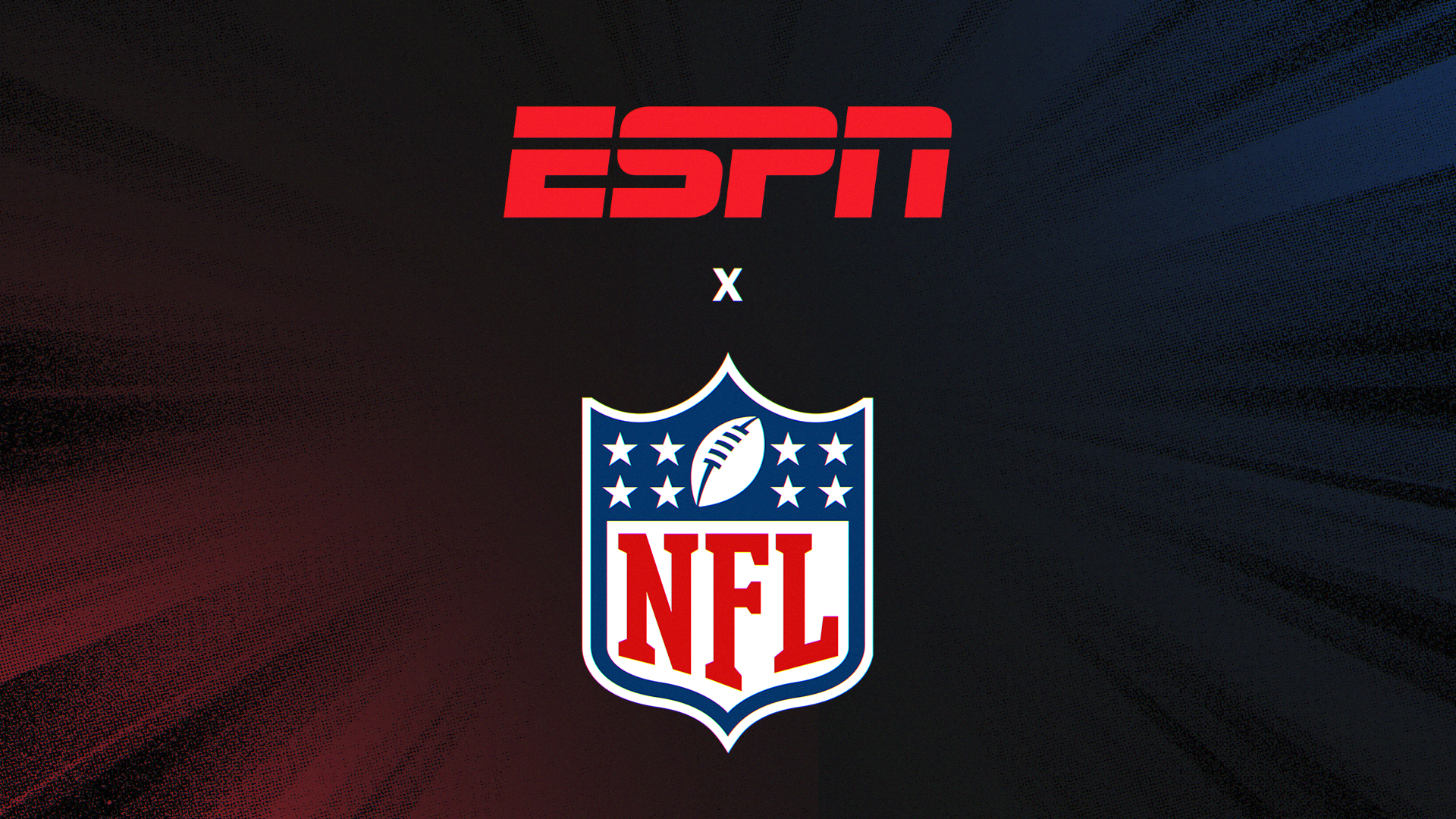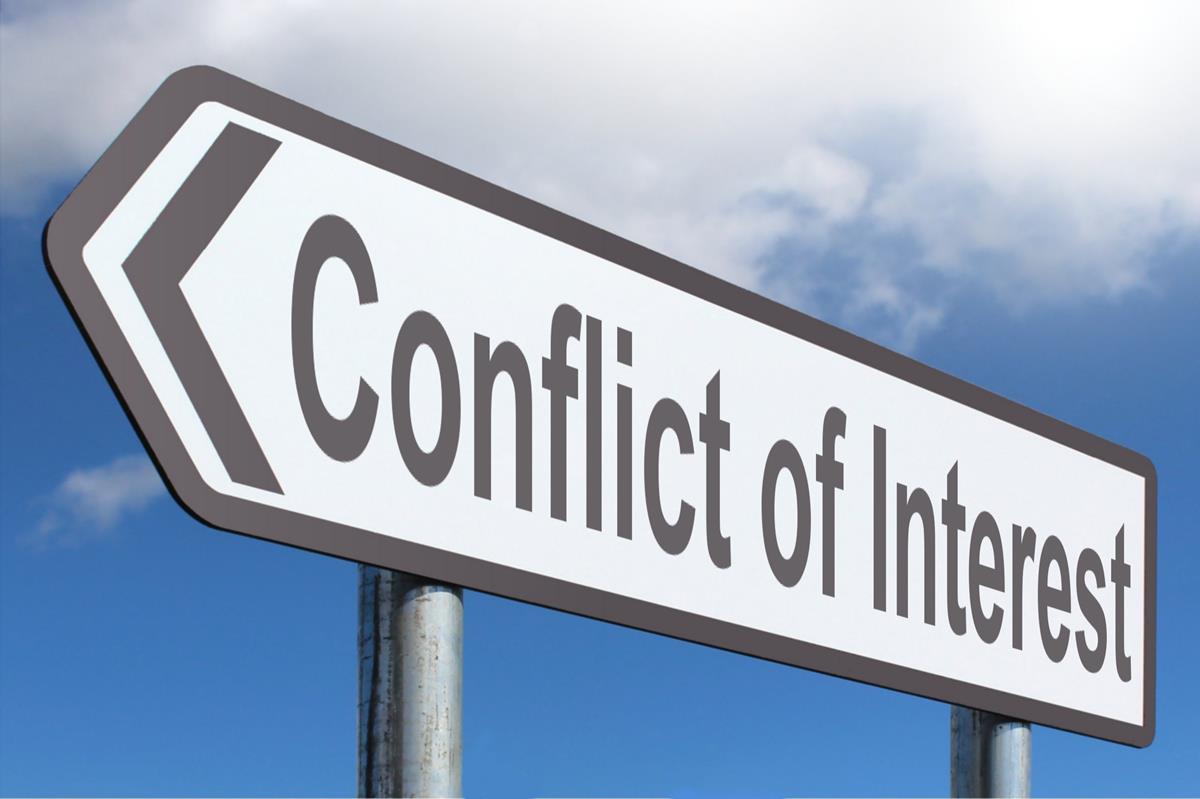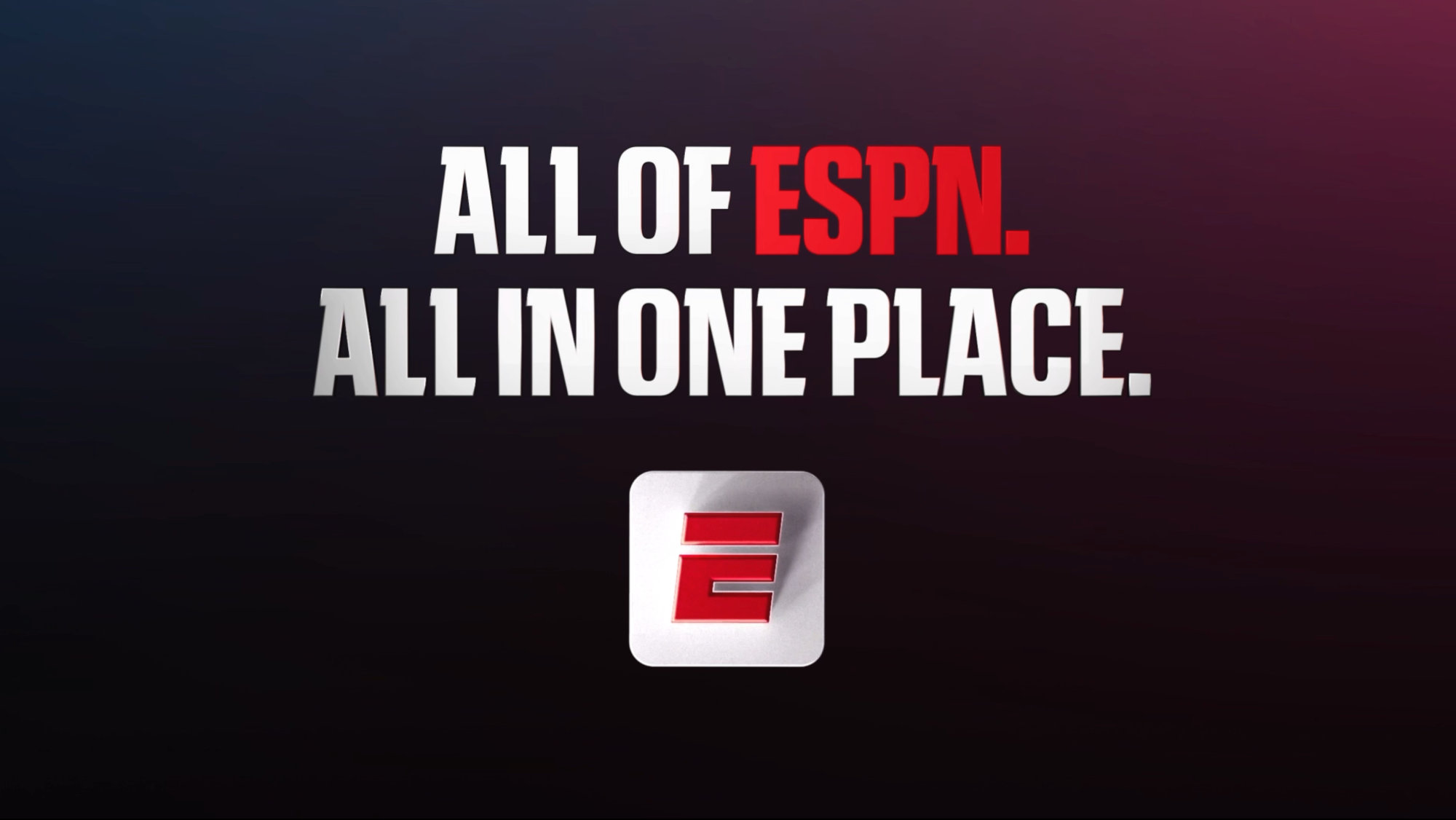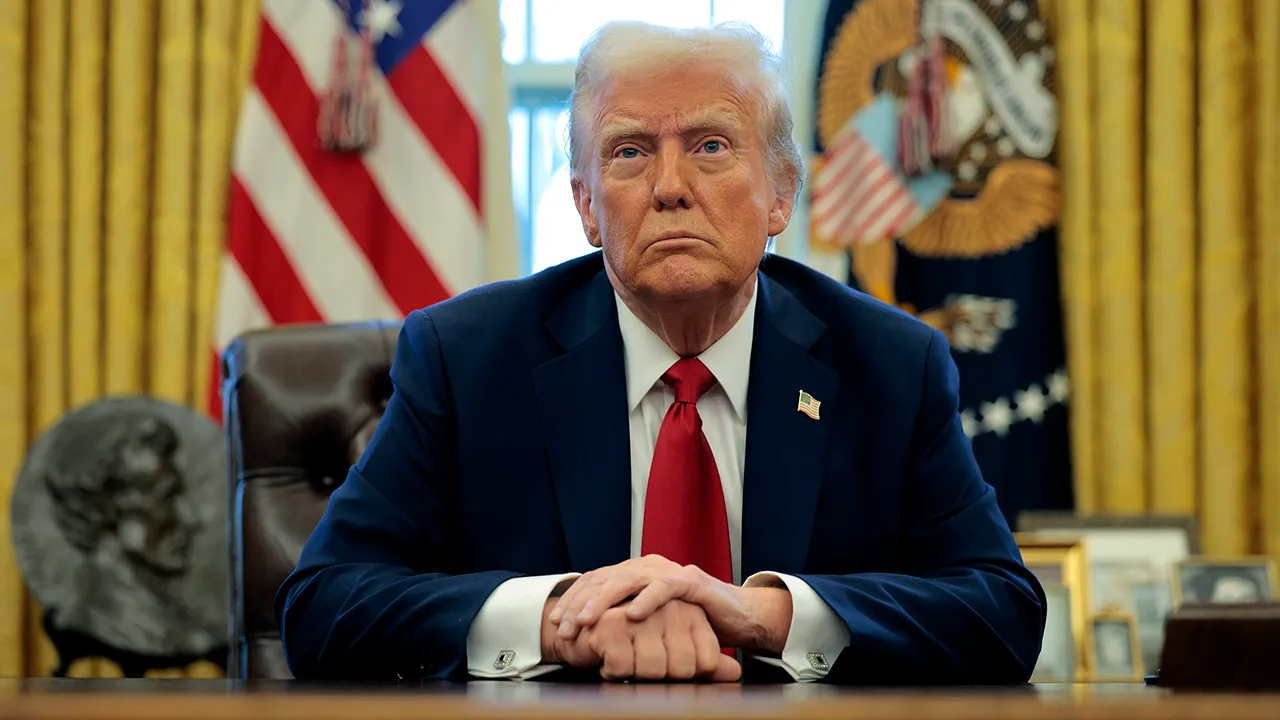Slipping into my marginal Columbo impression, I’ve got “just a few questions” about this megadeal. What’s really scary: Wondering whether anyone in power is also asking them.

When news broke that a deal had finally been completed between ESPN and the NFL — where the football league gets a 10 percent stake in the world’s biggest sports media brand in exchange for turning over ownership of the NFL Network, broad rights to the RedZone brand and the NFL RedZone Channel and a merger of NFL Fantasy Football and ESPN Fantasy Football, among other goodies — I had more questions than answers.
I talked about those questions — and possible answers – on NPR’s midday show Here and Now Friday. You can LISTEN HERE.
So much of the value and impact in a deal like this lies in the execution of its details. Even as the world wants to predict what it all means right now, I believe the best thing you can do at this point, is figure out the best questions to ask as you watch Disney and the NFL dive into their new marriage alliance.
So here they are:

Does this mean we’ve given up on concerns about conflicts of interest in sports journalism? ESPN has already absorbed a ton of criticism over allegations that its gigantic rights deals with big sports leagues like the NFL have led it to move carefully with journalism that might damage the league it is profiting from. A deal like this one deepens the partnership between a sports league and one of the most extensive platforms for sports journalism in media – the NFL’s stake in ESPN is valued at up to $2.5 billion, according to the Associated Press. At a time when journalism of all kinds is struggling to turn a profit and maintain the trust of audiences, it’s tough to see a new situation arise where the biggest sport league owns a piece of the biggest platform covering their activities.

Is this a sign of ESPN’s hard pivot to the streaming age? Two of the most obvious lessons of our streaming-distorted media age are that consumers of all kinds still love the NFL and one of the last areas of TV still dominated by traditional broadcast and cable TV outlets is live sports. The NFL remains the highest-rated sport on TV and ESPN remains a sports platform whose success is largely yoked to its revenues from cable TV. As the channel fires up its standalone app – debut date is set for Aug. 21 with a price tag of about $30 monthly — and tries to make a cushy home for itself in the streaming world, they needed a strong dose of the NFL to bring sports fans along. The NFL Network alone brings 50 million potential subscribers to ESPN’s stand alone app. And the NFL gets the best programmer in sports media to develop its brand in the digital space – likely helping along TV platforms it still owns, like NFL+ and NFL.com. Win win?
Does this mean we’ve given up on policing the impact of increasing media consolidation? What does it mean when two gigantic sports media competitors – the NFL and ESPN – link their businesses to the tune of $2.5 billion? Will football fantasy leagues get better as ESPN’s platform becomes the official football fantasy game for the NFL — or will the decrease in competition produce less pressure to improve? Will the plan to shift some of ESPN’s NFL games over to The NFL Network improve things for customers still watching ESPN on cable TV? Will giving ESPN broad rights to RedZone programming bring better prices for consumers – or reduce competition in the space, allowing ESPN freer reign to charge what it wants?

What will the Trump administration say? We seem to be in a moment where federal regulators controlled by the Trump administration are making decisions about approving media deals based on the political impact for their party and followers — rather than questions about the impact of media consolidation for all consumers. Given how transactional this administration has been in the past, what public acts of fealty will they expect from the NFL and ESPN owner Disney to support this deal?
Unsettling as it is to realize that the public likely won’t learn the answers to these questions for months – perhaps even years – the biggest concern is whether anyone in power is asking these questions at all.
It’s just the future of media, professional sports and democracy on the line, after all.